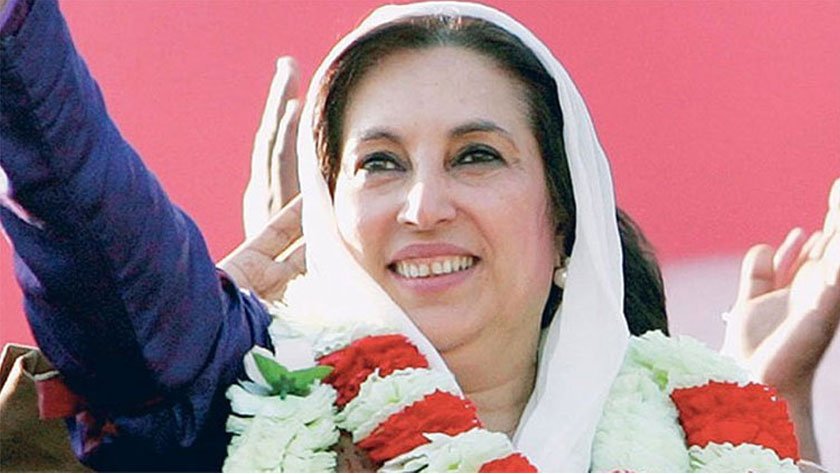Editorial
Today is the death anniversary of Benazir Bhutto:
Benazir Bhutto, the charismatic and controversial leader of Pakistan, remains a complex and multifaceted figure, particularly when it comes to her impact on women’s empowerment. Evaluating her life as a “torchbearer” for this cause necessitates a nuanced approach, acknowledging both her undeniable contributions and the limitations inherent in her approach.
Contributions:
- Political Representation: Bhutto shattered the glass ceiling of Pakistani politics by becoming the first female Prime Minister of a Muslim-majority nation. This act of defiance resonated globally, inspiring countless women to pursue political careers.
- Legislative Reforms: Bhutto’s governments implemented several progressive policies aimed at improving women’s lives, including the Muslim Family Laws Ordinance (1979) granting greater inheritance rights and divorce options, and the Benazir Income Support Program (2008) providing financial assistance to impoverished women.
- Education and Healthcare: Bhutto prioritized female education and healthcare, expanding access to schools and healthcare facilities for women in rural areas. This led to a rise in female literacy rates and improved maternal health outcomes.
- Empowerment through Visibility: Bhutto’s charisma and outspoken nature challenged traditional gender roles and societal expectations. Her mere presence in the public sphere, particularly in male-dominated spaces like politics, empowered women to assert their own voices and identities.
Limitations:
- Elite Politics: Bhutto’s focus on top-down reforms often neglected the needs and aspirations of women at the grassroots level. Her elitist background and reliance on feudal power structures limited her ability to truly connect with and advocate for the most marginalized women.
- Inconsistency and Backtracking: Bhutto’s commitment to women’s rights fluctuated throughout her career. Under pressure from conservative elements, she made concessions on issues like reproductive rights and gender equality, which alienated some feminist supporters.
- Personal Life and Family Legacy: Bhutto’s personal life, particularly her marriage to Asif Ali Zardari, who was accused of corruption and misogyny, tarnished her image as a champion of women’s rights. Additionally, the dynastic nature of her Pakistan People’s Party (PPP) raised concerns about perpetuating patriarchal power structures.
Benazir Bhutto’s legacy as a torchbearer for women’s empowerment is a tapestry woven with both threads of progress and limitations. While her political achievements and symbolic representation undoubtedly inspired generations of Pakistani women, her top-down approach, inconsistent commitment, and personal entanglements raise questions about the effectiveness and sustainability of her impact. Ultimately, Bhutto’s life serves as a reminder that the fight for women’s empowerment is a complex and ongoing struggle, requiring multifaceted strategies that address not only political reforms but also deeply ingrained social and cultural barriers.
Please, subscribe to the YouTube channel of republicpolicy.com
















